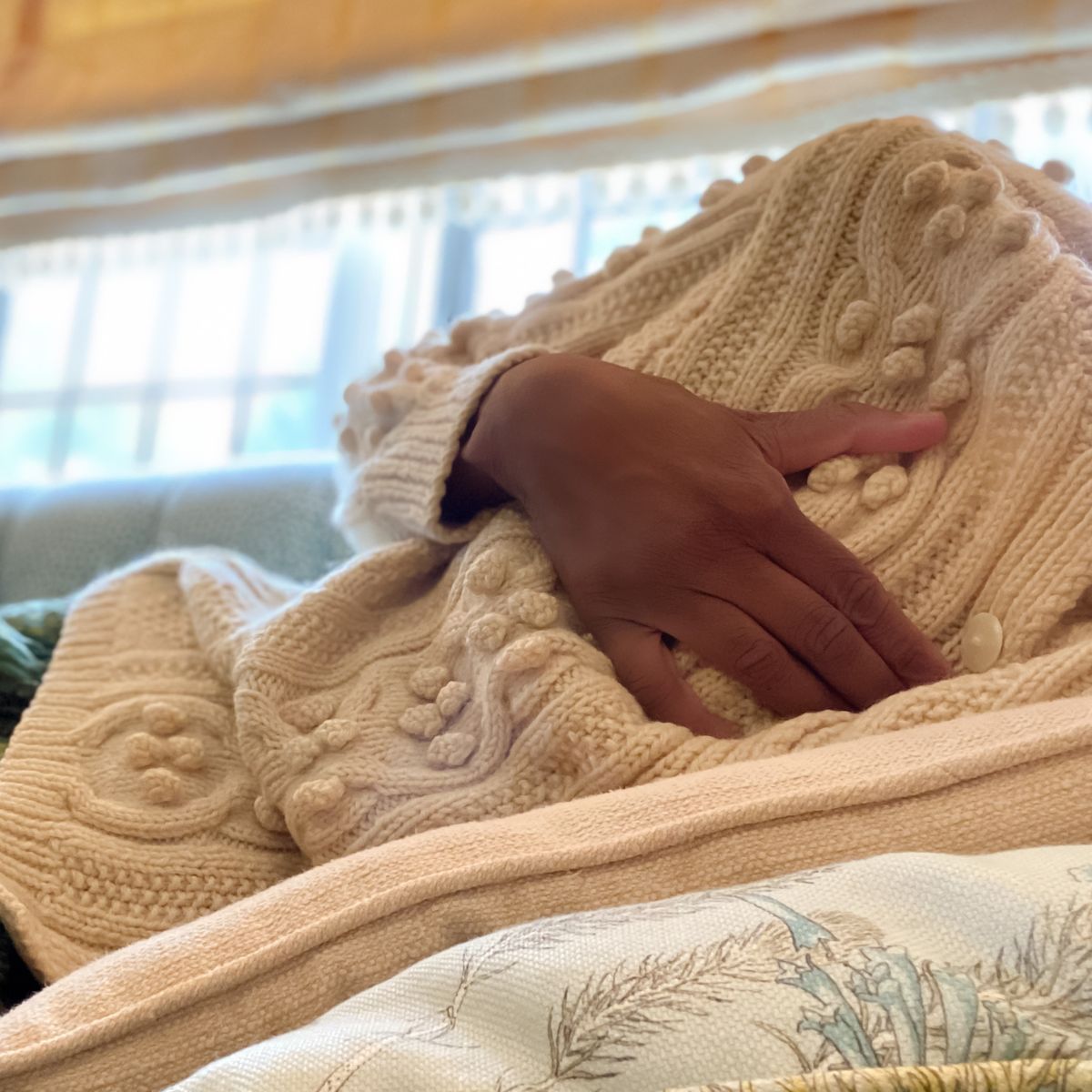Prime
What you need to know about panic attacks

The very first step in the management of panic attacks or disorder is for one to acknowledge that they need help. Photo | Internet
What you need to know:
- Panic attacks are not life-threatening, but they can be frightening for the person experiencing them, as well as their loved ones. These attacks can affect your quality of life, especially if you have multiple or unexpected panic attacks.
A panic attack is a sudden and uncontrollable feeling of intense fear. It is an escalated state of anxiety that triggers severe physical reactions when there is no real danger or apparent cause.
According to Lois Nakibuuka, a counselling psychologist, panic attacks are not dangerous but can be frightening and one might think they are losing control, having a heart attack or even dying. They can affect one’s quality of life.
Many people have just one or two panic attacks in their lifetime while others have a number of attacks depending on how severe their condition is and the problem goes away when the stressful situation ends.
Most panic attacks usually last between five and 20 minutes and can come on very quickly. The symptoms are usually at their worst within the first 10 minutes.
Symptoms
Panic attacks begin without warning and can strike at any time with the symptoms peaking in a few minutes. Different people react differently to such situation but the signs and symptoms can include a rapid, pounding heart rate, shortness of breath or tightness in the throat, sweating, trembling or shivering, sense of impending danger, fear of loss of control or death, chills and nausea.
Others include abdominal cramping, chest pain, headache, dizziness, lightheadedness or faintness, numbness or tingling sensation and feeling of unreality or disorientation.
Risk factors
Anyone can get a panic attack at any time but the symptoms of panic disorder often start in late teens or early adulthood and affect more women than men. However, some people are vulnerable and susceptible to it.
People who are going through stressful situations such as losing a job, divorce, major life stress, such as the death or serious illness of a loved one, history of childhood physical or sexual abuse, alcohol and drug abusers, traumatic events such as sexual assault or a serious accident and sometimes a family history of panic disorder can trigger a panic attack.
How to handle a panic attack
It is possible to notice that you are having a panic attack according to Nakibuuka, noting that it is important not to let your fear of panic attacks control you.
"Self-positive talk is great therapy that can help you get out of a panic attack. Tell yourself that what you are experiencing is not the worst thing that can happen. Speak out loud to yourself that you are going to be okay and that you will not die," she says.
She also cautions against looking for distractions but rather, face the panic head on. If possible, keep doing whatever you were doing until the symptoms have subsided.
"You give yourself a chance to discover that nothing is going to happen. If you stay and confront your fear,” Nakibuuka adds.
If you have a friend or relative with you, let them know what you are going through and their comfort that nothing is going to happen will help your symptoms subside quickly. You can also sit down, take deep breaths and take some water to help you calm down.
When to get help
If you often feel stressed and anxious, especially about when your next panic attack may be, you may have panic disorder.
It is important to note that people with panic disorder usually avoid situations that might cause them a panic attack so that they avoid public spaces. At this point, you need to seek medical help from a counsellor who may handle your situation or refer you to a psychiatrist for further management because there is no quick fix for a panic attack or disorder.
Also, if your panic attacks interfere with your daily activities at school, home or work or you end up hurting other people and feel guilty after an attack, you need medical help. The very first step in the management of panic attacks or disorder is for one to acknowledge that they need help.
Once you have started your therapy, it is important that you stick to the treatment plan that the health worker prescribes for you in order to prevent relapses or even worsening the symptoms of the panic attack.
If left untreated, the symptoms become worse and more frequent. Regular physical activity can also play an important role in protecting against anxiety and panic attack.
One can become depressed, develop phobias, increased risk of suicide or suicidal thoughts, alcohol and substance abuse, problems at work or school.
Can panic attacks be treated?
Yes, treatment can reduce the intensity and frequency of panic attacks and panic disorder.
Treatment may include:
● Cognitive behavioural therapy
Usually, this is the first treatment offered for panic attacks and panic disorder. During cognitive behavioural therapy, you talk with a psychologist or counsellor about your experiences and learn how to react to situations differently. This teaches you how to cope better with your feelings and overcome fears of situations you may have avoided because of panic attacks.
● Medications
Medications can help reduce symptoms associated with panic attacks and depression. There are many options, and if one medication does not work for you, your doctor may switch you to a different medication. All medications have a risk of side effects, so talk with your doctor about the best choice for your situation.
Source: www.mayoclinichealthsystem.org




